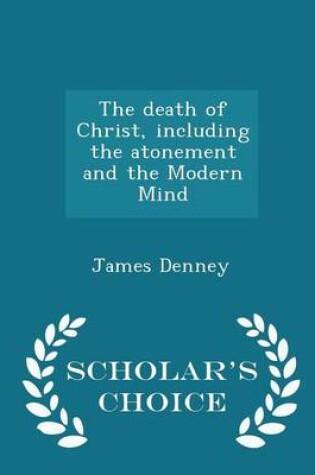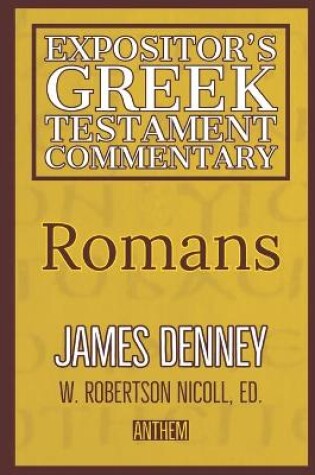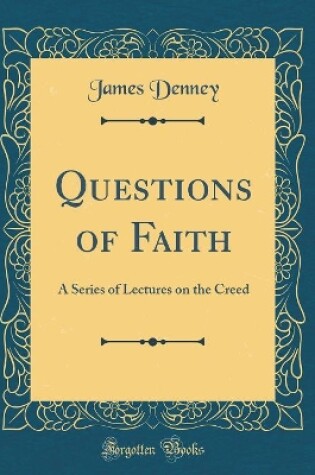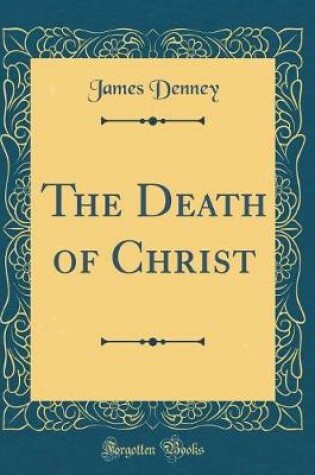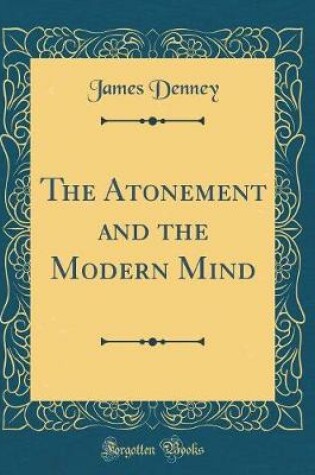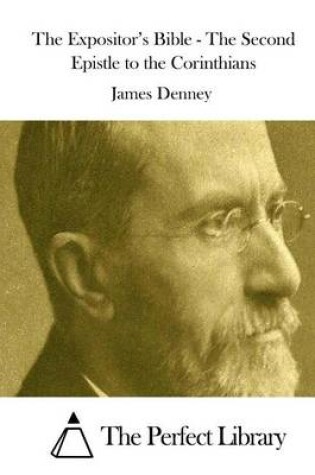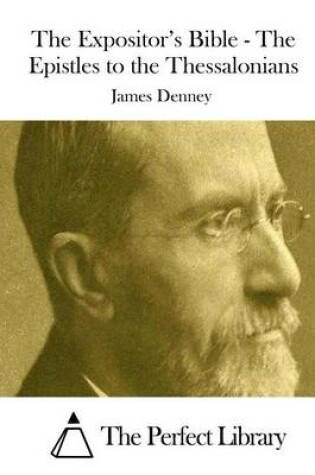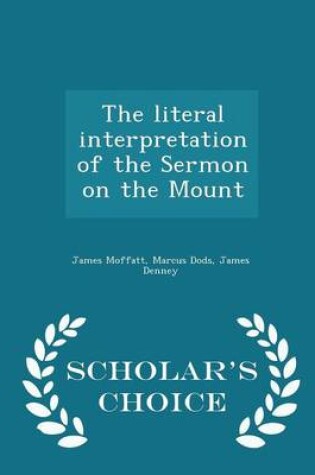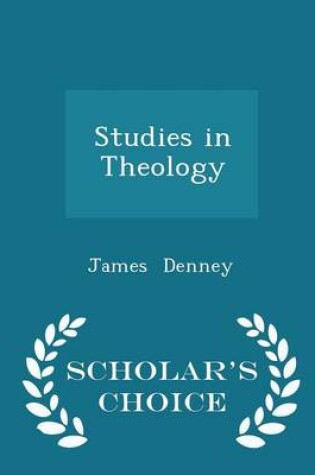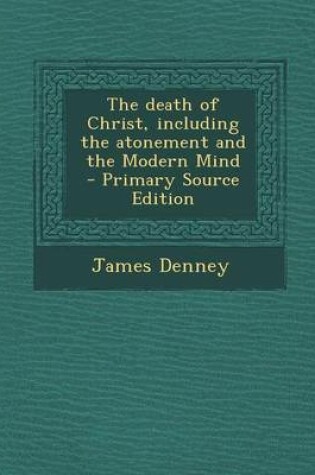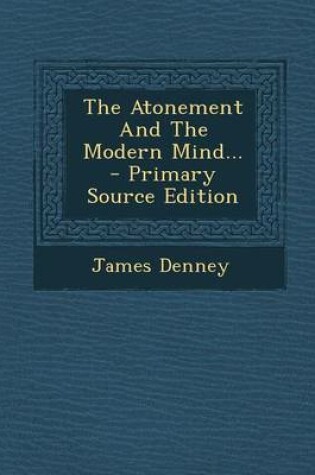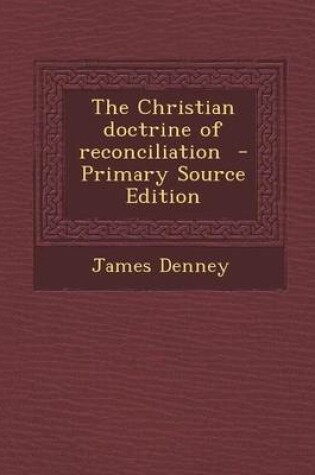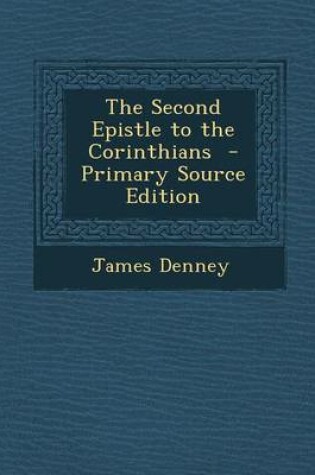James Denney was a Scottish theologian and preacher who lived from 8 February 1856 to 12 June 1917. His theological explanation of the meaning of the atonement within Christian theology-that is, that it is "the most profound of all truths"-is arguably what has made him most famous today. Many claim that he was well-known for supporting the penal substitution theory, but this is an incorrect understanding of his views. That being said, Denney himself objected angrily to this portrayal. Born in Paisley, Scotland on February 5, 1856, The Death of Christ Denney was the son of Cameronian (Reformed Presbyterian) parents. His dad was a Cameronian deacon and joiner. The family joined the Free Church of Scotland in 1876, joining the majority of the Reformed Presbyterian Church of Scotland. From 1874 to 1879, he attended the Highlanders' Academy at Greenock, University of Glasgow, and from 1879 to 1883, he attended Free Church College in Glasgow. While attending Glasgow University, he was awarded the Blackstone Prize and the Moral Philosophy Gold Medal. Edward Caird and Richard Jebb had a big influence on him. He also worked briefly as John Veitch's student assistant.
